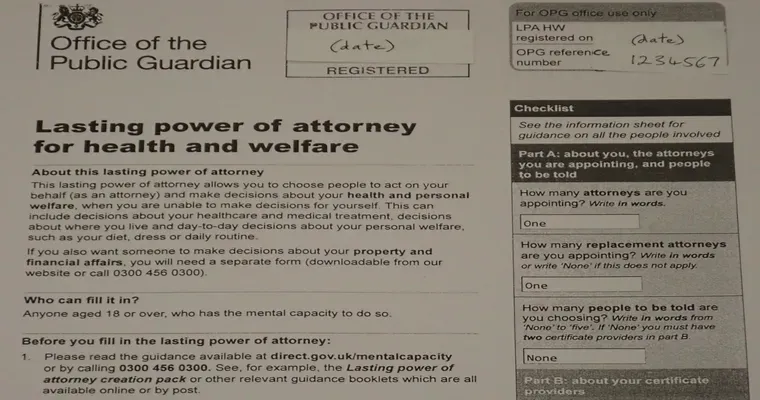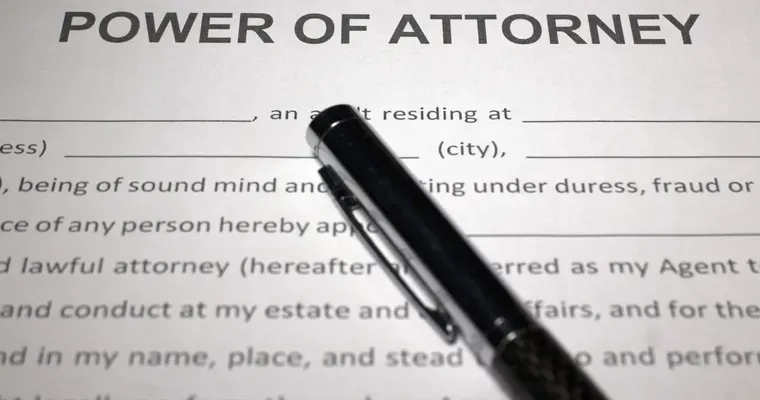Managing a senior's finances as their "Financial Power of Attorney" can be a significant responsibility. This role not only involves overseeing the senior's "financial assets", but also ensuring that their "financial decisions" align with their best interests. Whether you are stepping into this role for a loved one or a client, understanding the nuances of financial management is crucial. Here are some essential tips to help you navigate this important task effectively.
Understand the Scope of Your Authority
Before you start managing finances, it is vital to understand the extent of your authority as "Financial Power of Attorney". This document outlines what you can and cannot do regarding the senior’s finances. Make sure to familiarize yourself with the specific powers granted to you, including handling bank accounts, paying bills, and making investment decisions.
Keep Detailed Records
Maintaining detailed records is essential for transparency and accountability. Document all transactions, including receipts, bank statements, and any correspondence related to the senior's finances. This not only helps in tracking expenses but also provides a clear audit trail in case of questions or disputes.
Create a Budget
Developing a budget tailored to the senior's needs is a critical step in managing their finances. Assess their income sources, such as pensions, social security, or investments, and outline their monthly expenses. This budget will help you ensure that their financial resources are allocated appropriately, covering essential needs like housing, healthcare, and personal expenses.
Monitor Assets and Liabilities
Regularly review the senior's "assets" and "liabilities" to ensure that their financial situation remains stable. Keep an eye on investments, property values, and any outstanding debts. This ongoing assessment will help you make informed decisions regarding financial planning, such as when to sell assets or pay down debt.
Communicate Regularly
Open communication with the senior is crucial. Discuss their financial goals, concerns, and any changes in their circumstances. Keeping them informed fosters trust and ensures that you are making decisions that align with their wishes. If the senior has cognitive impairments, consider involving other family members or professionals who can provide support.
Stay Informed About Financial Regulations
Financial regulations can change, so it is essential to stay informed about any laws or regulations that may affect the senior's finances. Familiarize yourself with tax implications, benefits for seniors, and any legal obligations that come with your role as "Financial Power of Attorney". Consulting with a financial advisor or attorney can also provide valuable insights.
Plan for the Future
Planning for future financial needs is critical, especially for seniors who may require long-term care. Explore options such as long-term care insurance, Medicaid, or other resources that can help cover medical expenses. Additionally, consider setting aside funds for potential emergencies to ensure financial stability.
Be Ethical and Trustworthy
Lastly, always act in the best interest of the senior. This means avoiding any conflicts of interest and being transparent about your actions. Remember that your role is to protect and manage their finances, not to profit from them. Ethical behavior will not only help maintain trust but also ensure that you are fulfilling your legal responsibilities.
In conclusion, managing a senior's money as their "Financial Power of Attorney" requires diligence, transparency, and empathy. By understanding your authority, keeping detailed records, communicating openly, and planning for the future, you can effectively safeguard their financial well-being.





